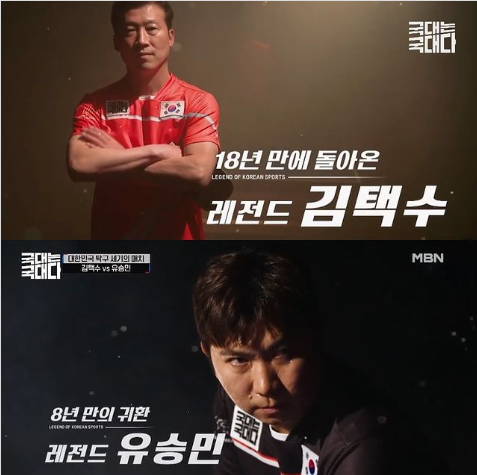This user has no status.
This user has no status.
Active Member
Ultimate Shakehand Player
Forehand over the table: Ma Long
Forehand mid-distance: Wang Liqin
Backhand over the table: Zhang Jike
Backhand mid distance: Kreanga
Forehand Block: Kenta Matsudaira
Backhand Block: Waldner
Serves: Waldner
Tactics: Waldner
Temperament: Zhang Jike (during an important match)
Footwork: Ma Long
Receiving: No idea though Waldner said that Persson was the best at receiving that he had seen.
Short game: Timo Boll
Body: Wang Liqin
Additional stuff:
Waldner's drop shot and anticipation
Timo Boll's opening loop and eyesight
Ultimate Penhold Player
Forehand over the table: Ma Lin
Forehand mid-distance: Xu Xin
Backhand over the table: Wang Hao
Backhand mid distance: Wang Hao
Penhold Block: Kim Taek Soo
Serves: Ma Lin
Tactics: Liu Guoliang
Temperament: Liu Guoliang
Footwork: Ryu Seung Min
Receiving: Wang Hao
Short game: Ma Lin
Body: Xu Xin
Additional stuff:
Ma Lin's chop block and drop shot
Forehand over the table: Ma Long
Forehand mid-distance: Wang Liqin
Backhand over the table: Zhang Jike
Backhand mid distance: Kreanga
Forehand Block: Kenta Matsudaira
Backhand Block: Waldner
Serves: Waldner
Tactics: Waldner
Temperament: Zhang Jike (during an important match)
Footwork: Ma Long
Receiving: No idea though Waldner said that Persson was the best at receiving that he had seen.
Short game: Timo Boll
Body: Wang Liqin
Additional stuff:
Waldner's drop shot and anticipation
Timo Boll's opening loop and eyesight
Ultimate Penhold Player
Forehand over the table: Ma Lin
Forehand mid-distance: Xu Xin
Backhand over the table: Wang Hao
Backhand mid distance: Wang Hao
Penhold Block: Kim Taek Soo
Serves: Ma Lin
Tactics: Liu Guoliang
Temperament: Liu Guoliang
Footwork: Ryu Seung Min
Receiving: Wang Hao
Short game: Ma Lin
Body: Xu Xin
Additional stuff:
Ma Lin's chop block and drop shot












